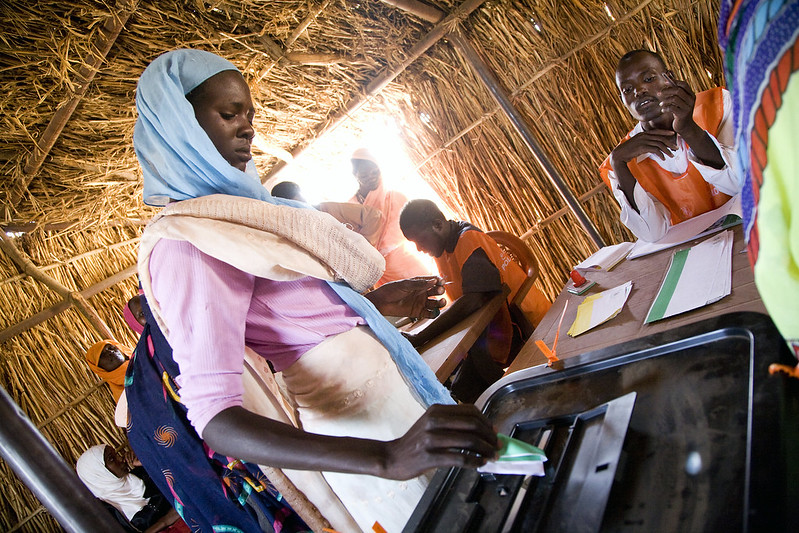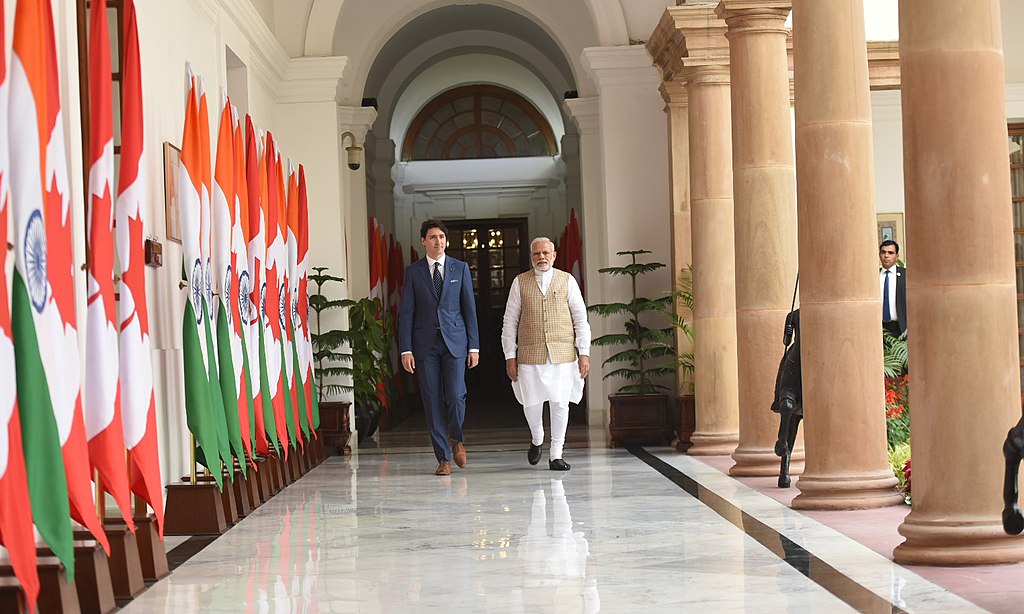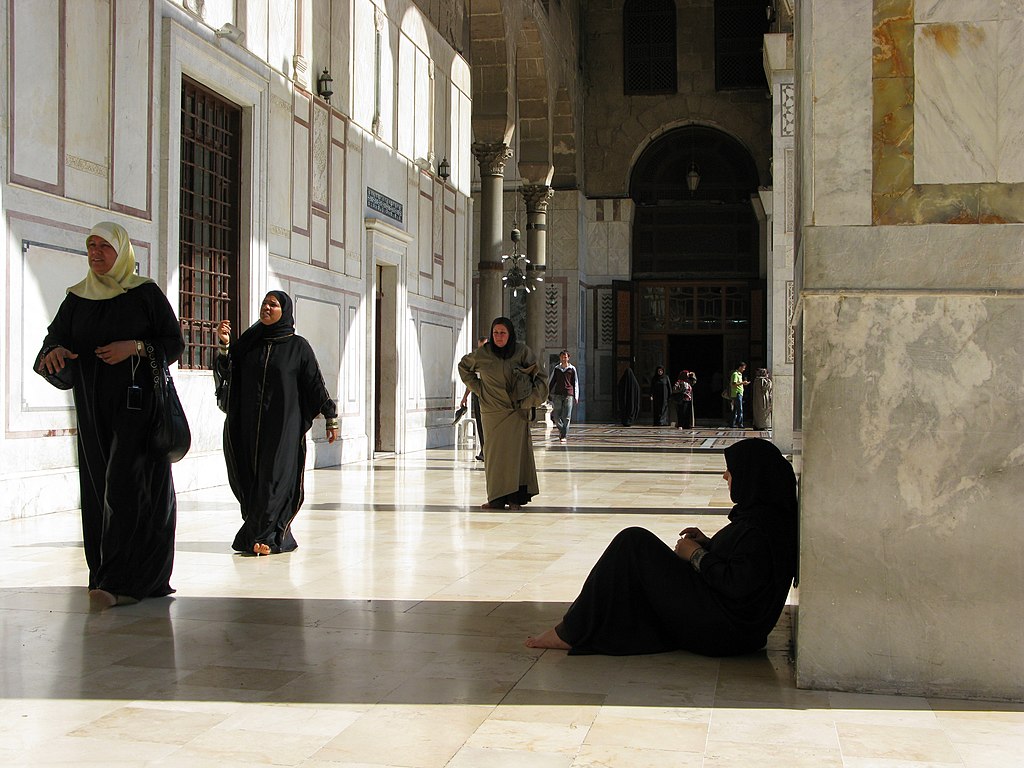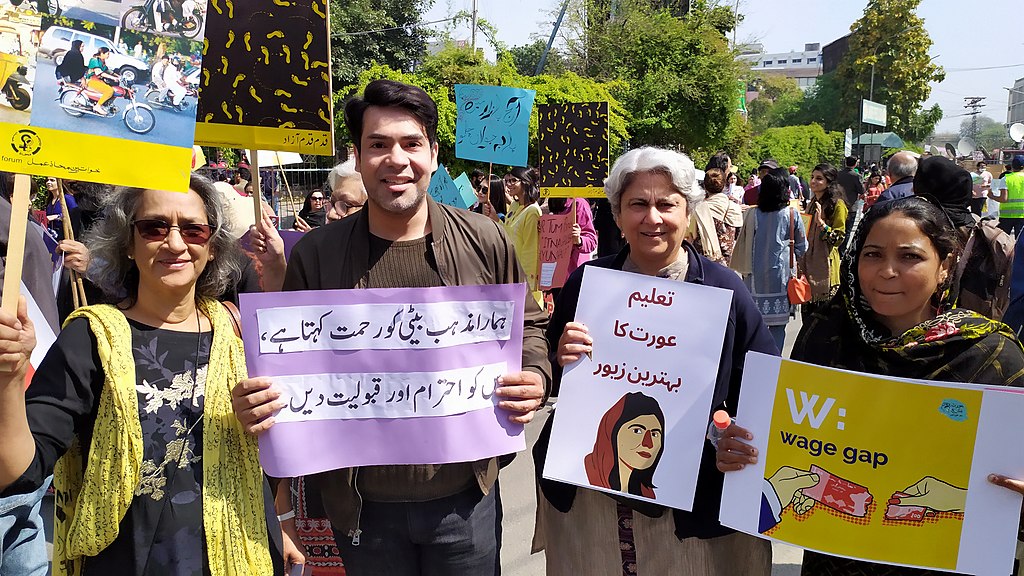This is a summary of the original article by Marina Ottaway Saleh that may be found here
Within the generally bleak landscape of democracy in the Arab world, Sudan stands out as the country that is beginning to accept what democracy is all about. The Sudanese military and the coalition of civil society organizations known as the Forces for Freedom and Change have been negotiating back and forth since demonstrations first broke out in 2018. Sudan does not have a democratic government yet, but at this point both military and civilians understand that there will never be a full victory for either side. They know the need to find a balance and accept that it will have to be constantly recalibrated, which is a step towards democracy. It is less a set of noble goals and values than it is the acceptance of the need for pragmatic compromise among countervailing forces.
On December 5, 2022, the Sudanese military and the Forces of Freedom and Change signed a framework agreement outlining the modalities of a two-year transition to civilian government. Immediately, thousands of people took to the streets to protest the agreement, seeing it as a step back from the one reached in August 2019. The military broke that agreement, plunging the country into renewed turmoil. Despite the citizens’ anger, civilians have scored a significant victory, dragging the military back to the negotiating table and frustrating its attempt to rule on its own.
Sudan has undergone significant turmoil since its independence on January 1, 1956. Since the day of its independence, Sudan has been oscillating back and forth between military and civilian regimes, none of which has been able to bring stability to the country. For the first two years of independence, control of the government was in the hands of the Umma Party and the Democratic Unionist Party (DUP). Each was affiliated with one of the two major Sufi brotherhoods and the two were incapable of cooperating. A military coup d’état under the leadership of General Ibrahim Abboud put an end to civilian rule in late 1958. The military remained in power until November 1964, when General Abboud finally resigned, being unable to quell the discontent and stabilize the country despite the imposition of a six-year state of emergency.
The return to a democratic process did not stabilize the country any more than military rule had done. The Umma Party and the DUP re-emerged, and so did their rivalry, resulting in a series of unstable cabinets, finally interrupted decisively in May 1969 by a new military coup d’état under the leadership of Colonel Jafaar al-Nimeiri. Independent political parties were again banned and the military consolidated its position, with Nimeiri becoming president. The country remained unstable, however, because of several attempted rebellions within the military and war in different parts of the country. In April 1985, Nimeiri was deposed in the seemingly inevitable coup d’état.
The drama of the multiple wars, with conflict continuing even after the independence of the South, diverted attention from the significant political changes that were taking place at the same time. It is important not to miss these changes as Sudan continues to move towards democracy.
The views expressed herein may not necessarily reflect the views of JI FAD and/or any of its affiliates






